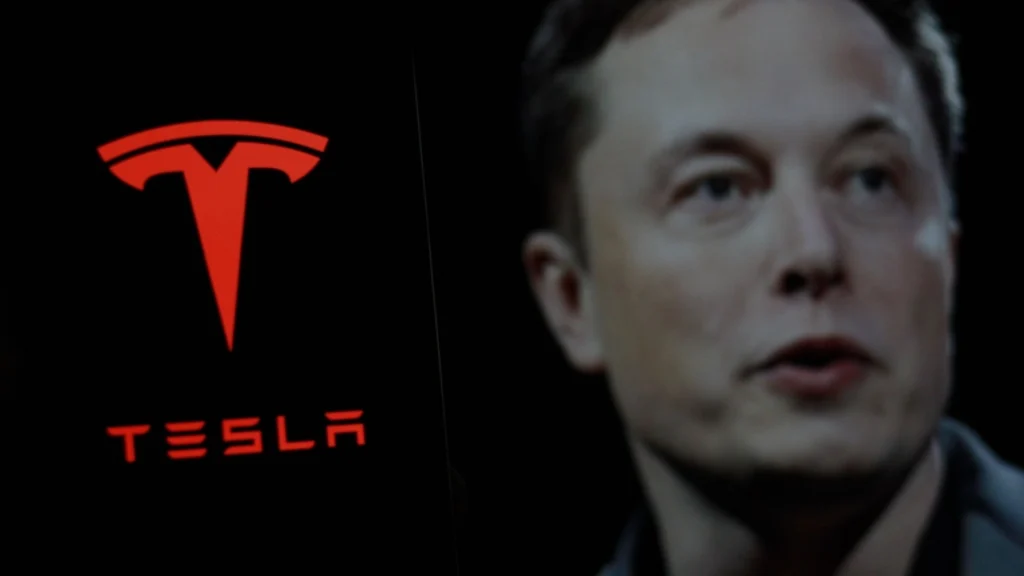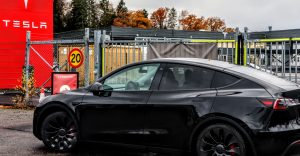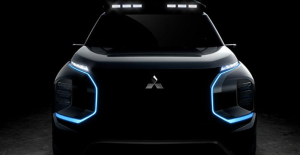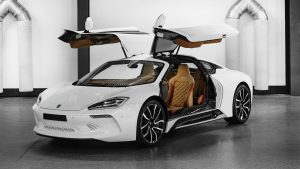The Electric Car Giant Faces Sales Slumps and Increased Competition
Others are reading now
Tesla, once the undisputed leader in the electric vehicle market, is facing a sharp decline in sales. The company, which had consistently increased its market presence over the years, entered 2025 with a worrying drop in demand. Analysts predict that the situation may worsen in the coming months.
Sales Plummet in Europe and Beyond
According to data from ACEA, Tesla registered 10,511 new vehicles in Europe in January 2025—a staggering 46% decline compared to the same period last year. Every Tesla model saw at least a 36% drop in customer interest.
The situation is equally concerning in Poland, where Tesla recorded just 103 new registrations in January, down from 201 in the previous year, as reported by Autokult.
Globally, the outlook isn’t much better. U.S. analysts at Kalshi estimate that Tesla will close the current quarter with around 360,000 deliveries—far from the 500,000 per quarter the company previously achieved. This could mark the worst quarter for Tesla in nearly three years.
Also read
Why Are Customers Turning Away?
One major factor contributing to Tesla’s struggles is the increasingly controversial public image of its CEO, Elon Musk. His political involvement, particularly his association with President Donald Trump and the far-right movements, has sparked protests across the U.S. and alienated potential customers.
A survey conducted in late January by Electrifying.com revealed that 59% of British respondents said Musk’s political activities discourage them from buying a Tesla.
While public opinion of Musk is playing a role, it is unlikely to be the sole reason behind Tesla’s declining sales.
Growing Competition and Aging Models
Tesla is also facing fierce competition from both European and Chinese automakers, which are rapidly expanding their EV offerings.
While brands like Volkswagen and BMW continue to innovate, Chinese manufacturers such as BYD are aggressively entering the global market with more affordable and technologically advanced electric vehicles.
Additionally, Tesla’s model lineup is aging. The once-revolutionary Model S, introduced in 2012, no longer excites customers, and the Model X has similarly lost its initial appeal. Although the Model 3 and Model Y have received recent updates, the lack of completely new models may be pushing customers toward competitors.
Can Musk Save Tesla?
The coming months will be crucial for Tesla as it faces declining demand, increased competition, and public backlash against its CEO. Whether Musk will find time to address these challenges amid his political engagements remains to be seen.
Perhaps his best attempt would be to separate himself from the brand.








